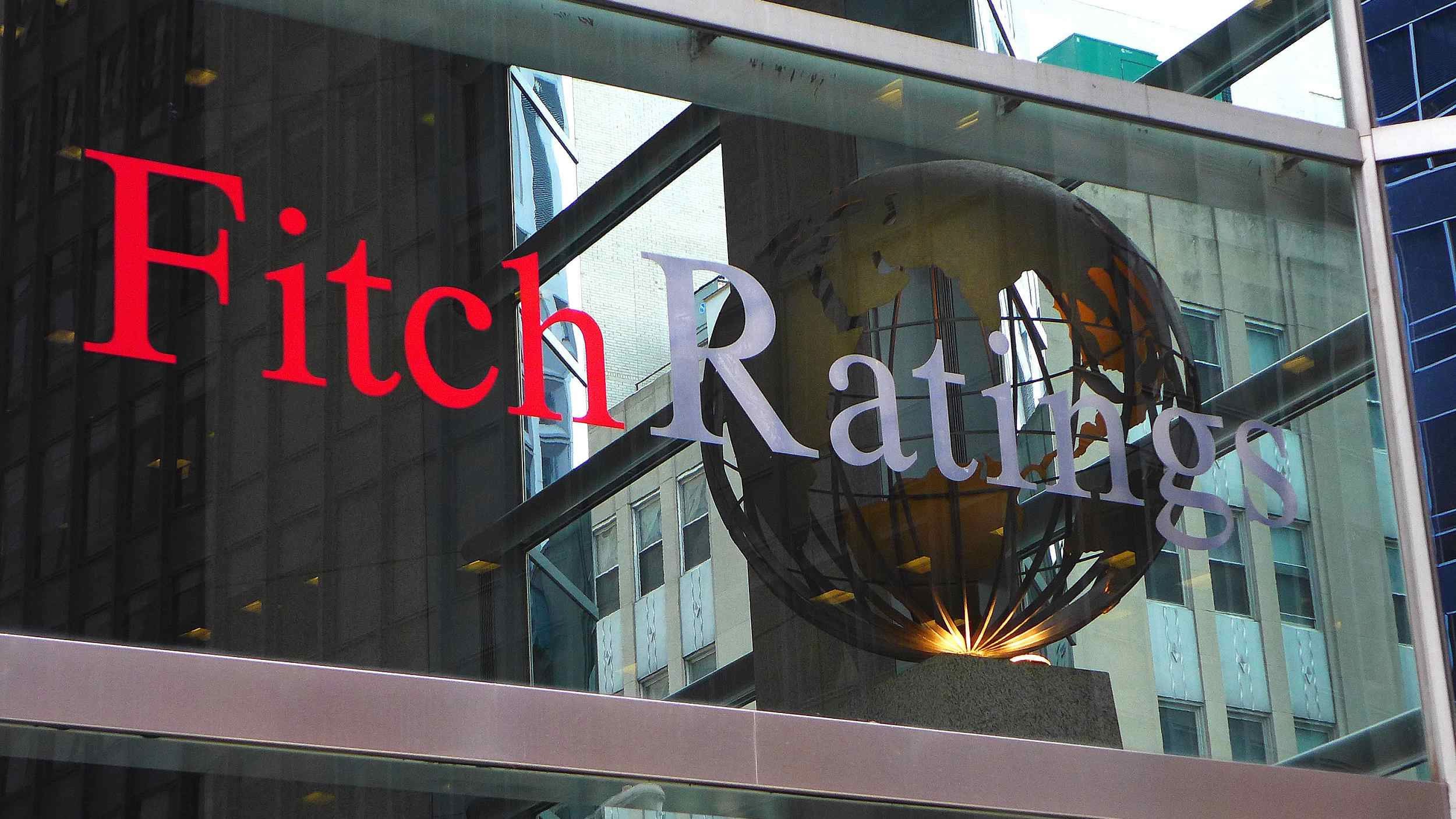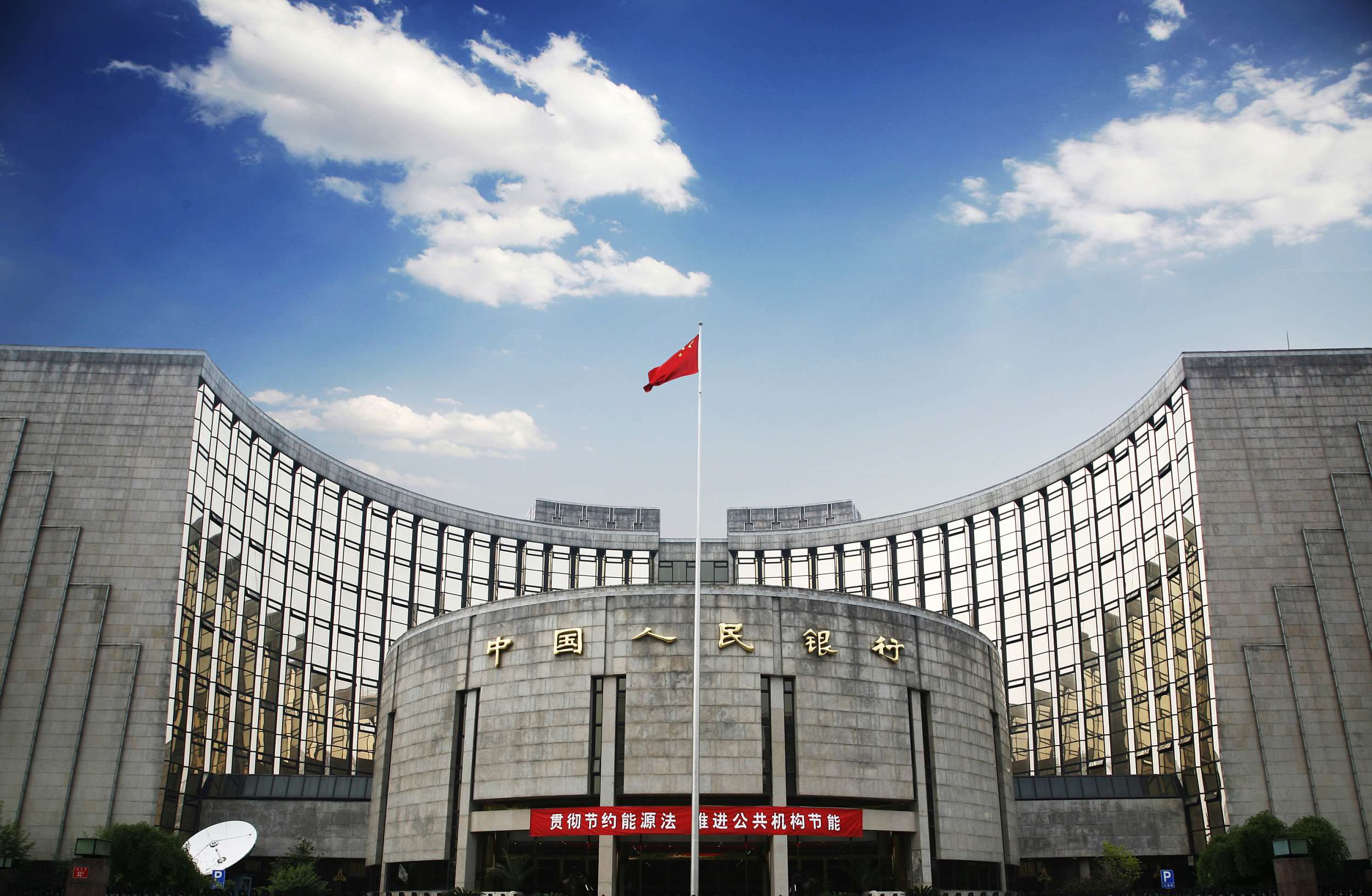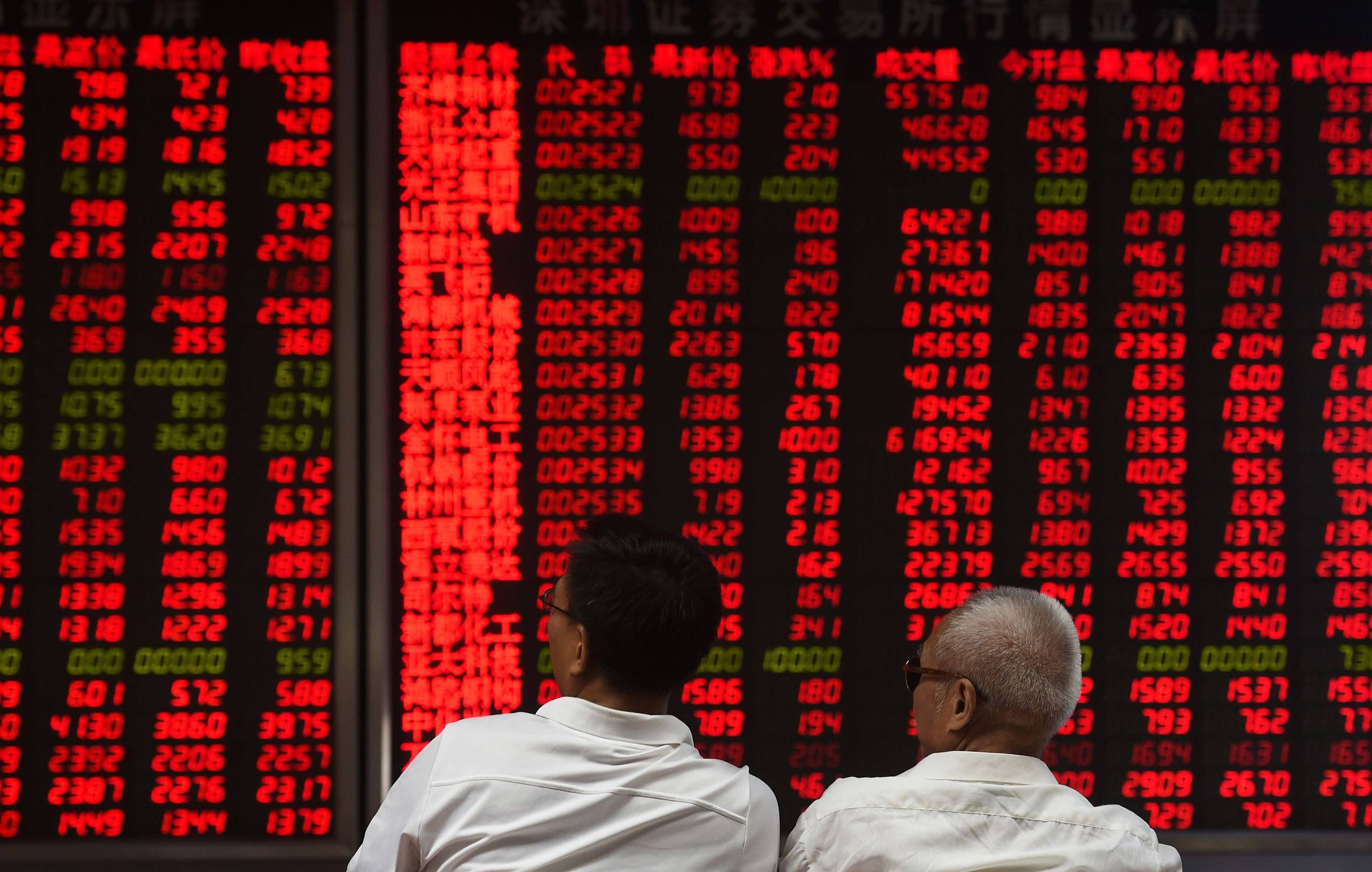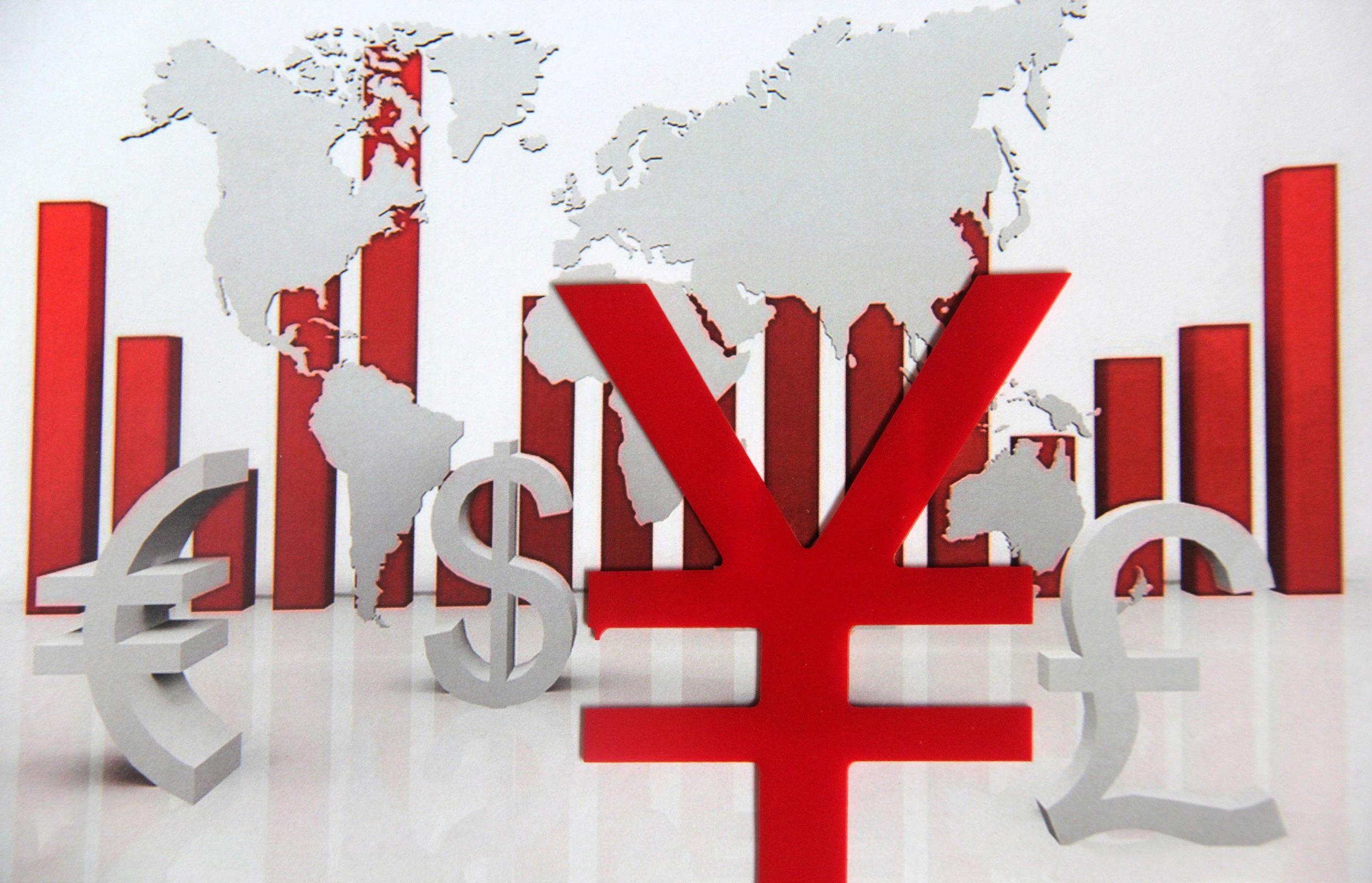
Business
14:54, 14-Jul-2017
China gets 'A+' rating, with stable outlook

Fitch Ratings on Friday affirmed China's rating of A+ with a stable outlook, citing the country's strength of external finances and macroeconomic track record.
China's near-term growth prospects remain favorable, and economic policies have been effective in responding to a variety of domestic and external pressures over the past year, said Fitch in a statement.
The GDP is well on track to meet Beijing's 2017 target of "around 6.5 percent," according to Fitch, attributing the growth momentum to the effectiveness of prior stimulus measures, resilient consumer trends, and a more favorable external environment that has nudged up net exports' contribution to the overall growth.

People's Bank of China headquarters building in Beijing./VCG photo
People's Bank of China headquarters building in Beijing./VCG photo
However, Fitch has warned that the potential for capital outflow pressure might resume, under the context of a strengthening US dollars. It might also be a result of a diminishing effectiveness of capital flow management measures, as market participants find ways around them over time.
As a consequence, Fitch has forecasted sovereign net foreign assets (SNFA) would decline to 28.9 percent of GDP at 2017-end.
On the other side, China's tighter monetary conditions may result in a slower GDP growth, as it expects the figure would decelerate to 5.9 percent in 2018 from 2017's 6.5 percent.

VCG photo
VCG photo
Another one of the "Big Three" credit rating agencies, Moody's Investor Service, has downgraded China's sovereign credit rating by one notch from Aa3 to A1 on May 24, citing expectation that China's financial strength will erode due to rising economy–wide debt.
It is the first time for Moody's to cut its rating for China since 1989.
In its response, China’s Ministry of Finance (MOF) has said that the credit downgrade was based on “inappropriate methodology”, and has somewhat exaggerated the difficulties the Chinese economy is facing.

VCG photo
VCG photo
It has been nearly two months since Moody's rating cut, which is widely believed to be a move to imperil investors' confidence in China's markets.
Yet, China remains robust amongst its peers as an emerging economy in both bond and stocks markets, reports Bloomberg.
Almost two months later, the country is outperforming the emerging market with its bonds, stocks and currency. A buyer of one million US dollars worth of Chinese government securities on the day Moody's said they were less secure now has a profit of 25,000 US dollars. An equivalent purchase of emerging market sovereign debt would have returned only 9,000 US dollars.
Put it in another way, the rate of ROI (return on investment) from Chinese market is 2.5 percent, much higher than that of other emerging markets' 0.9 percent.
On June 20, MSCI Emerging Market Index announced that China's A shares will be included in the bench market index – all but inviting global investors to consider the Moody's downgrade a contrary indicator.
"I'd say there's a lot of confidence in China," said Lloyd C. Blankfein, chairman and chief executive officer of Goldman Sachs Group, on June 28 after a recent visit. "China is almost an island of stability" he says in a video prepared by his firm.
Related Stories:

SITEMAP
Copyright © 2018 CGTN. Beijing ICP prepared NO.16065310-3
Copyright © 2018 CGTN. Beijing ICP prepared NO.16065310-3